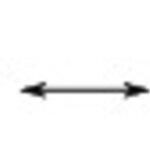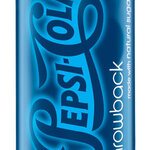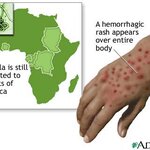
I saw it first on The One Show! Beetroot juice boosts stamina, new study shows, as the University of Exeter says in a press release, the gist of which is as follows: Professor Andrew Jones, of their School of Sport and Health Sciences, tested a group of male cyclists, giving them organic beetroot juice for one week, and on another occasion a blackcurrant juice placebo. The beetroot juice allowed them to cycle for almost 16% longer. Also, the beetroot juice reduced their resting blood pressure (as also in the case of Anita Rani, who acted as guinea-pig for The One Show…




